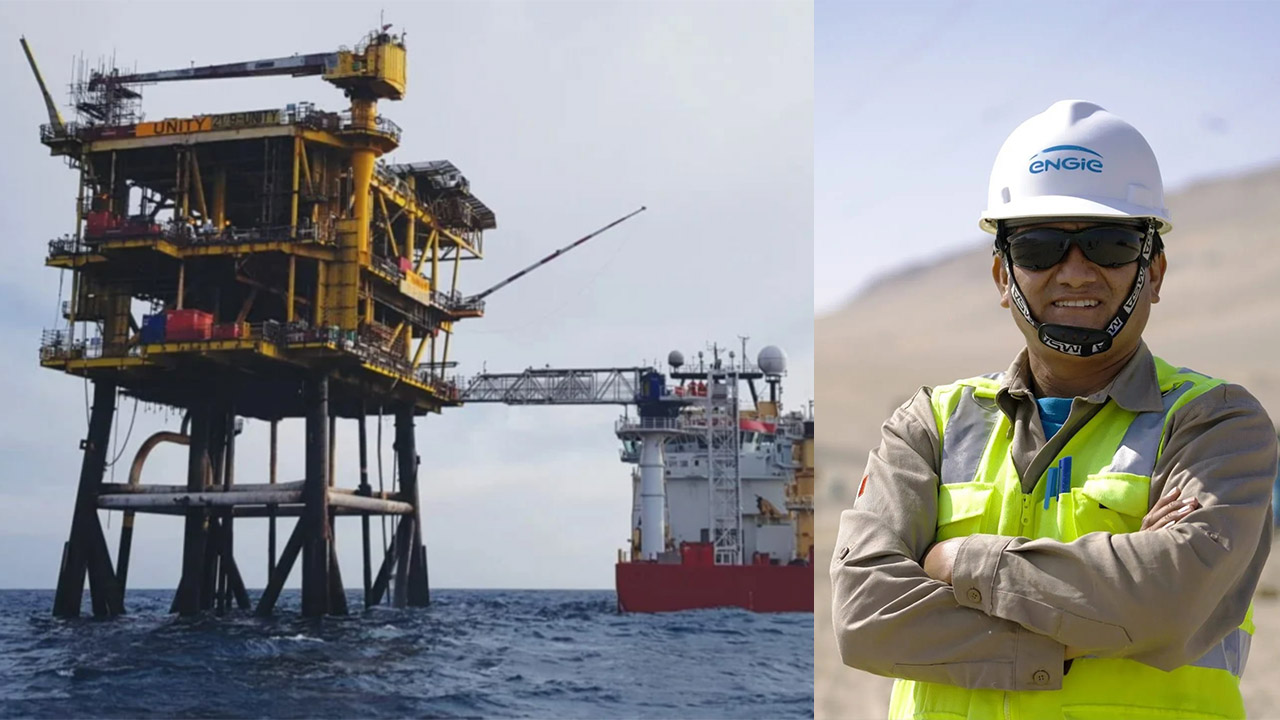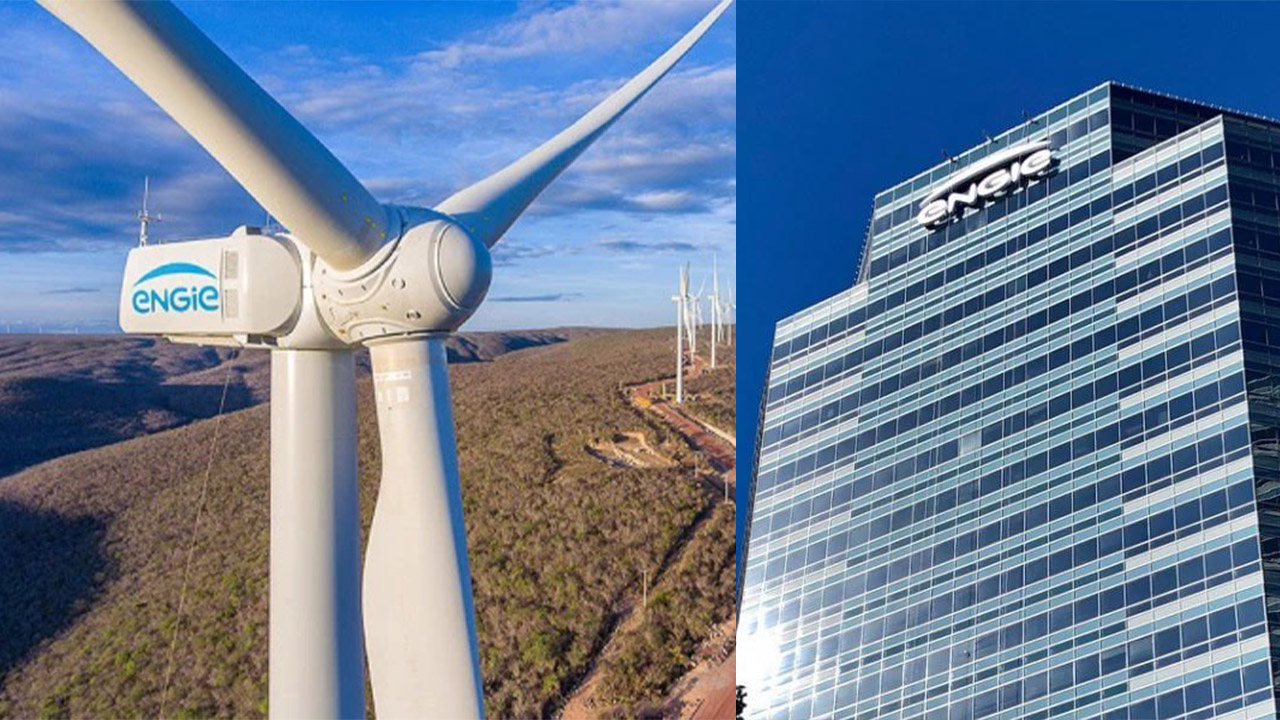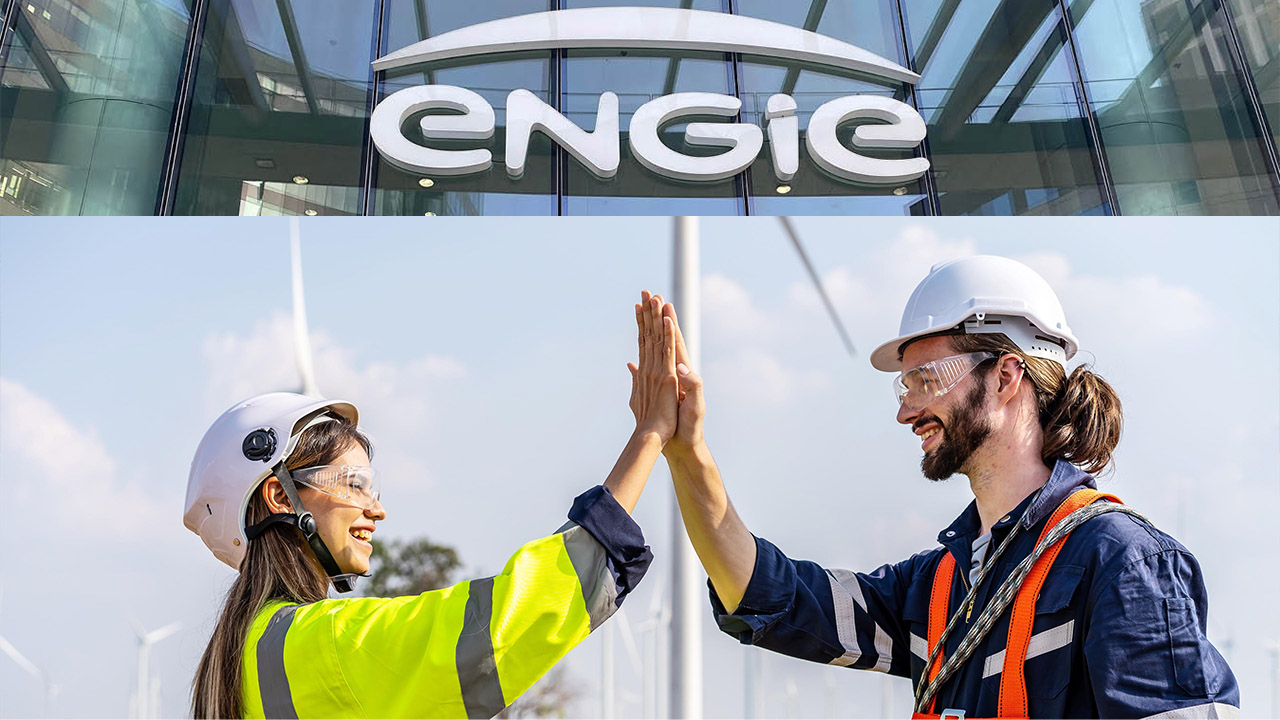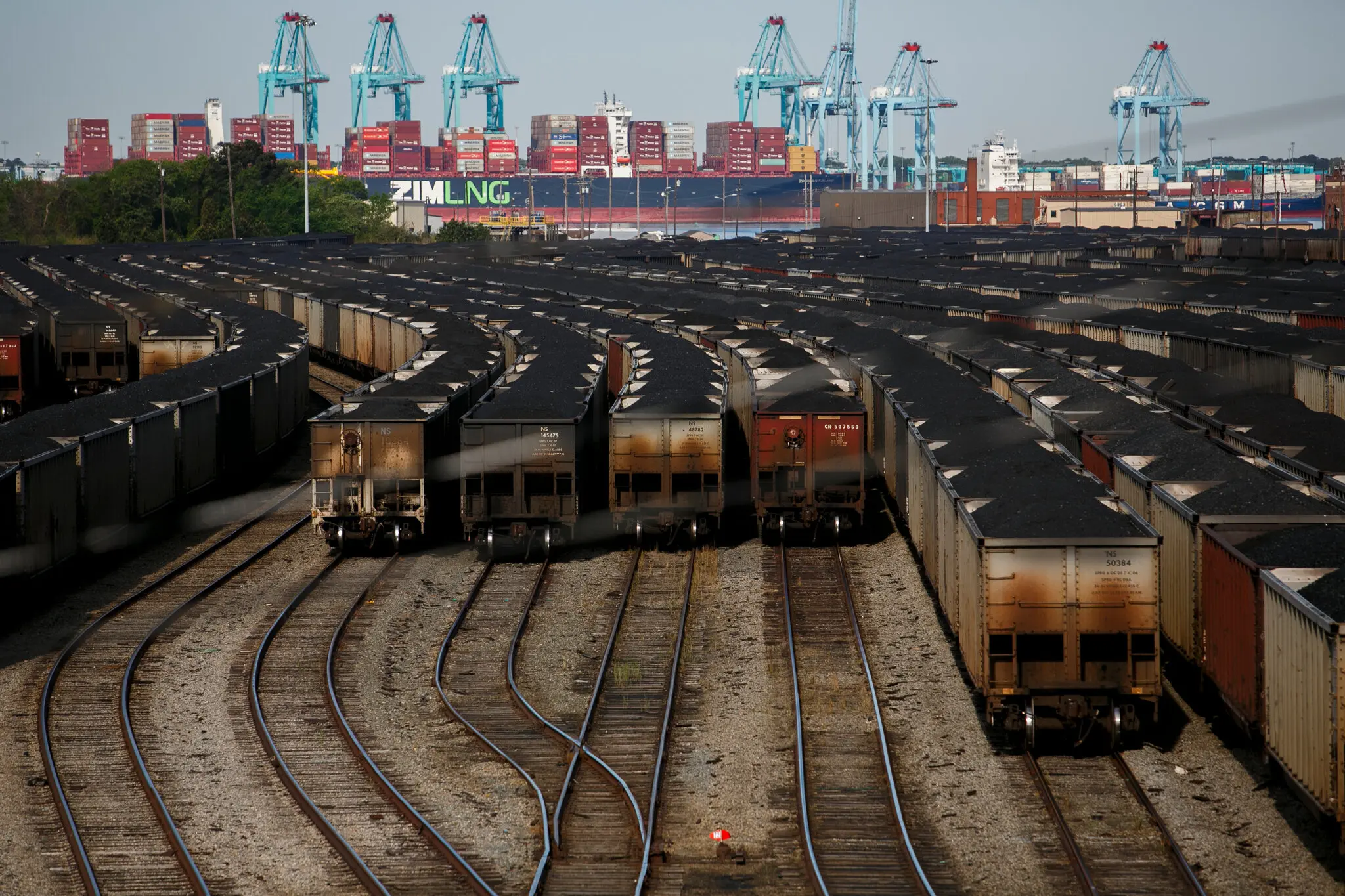French energy company Engie (ENGIE.PA) reported on Friday that its first-quarter earnings fell by 3.2%. The decline was attributed to a warmer-than-usual winter, which reduced demand for natural gas, and a decrease in price volatility, despite an increase in hydropower output.
The company, which primarily generates income from the production, transportation, and sale of gas and electricity, stated that its earnings before interest and tax (EBIT), excluding nuclear operations, amounted to 3.7 billion euros ($4.02 billion). This is down from 3.8 billion euros in the same period of 2023.
Engie reaffirmed its annual net recurring income target on a group share basis, aiming for between 4.2 billion and 4.8 billion euros. At 0844 GMT, Engie’s shares had fallen by 1.7%.
JP Morgan analysts noted that despite the “strong” results, several one-offs had inflated income, complicating the assessment of the underlying performance. They also mentioned that a negative one-off in early 2023 made the year-to-year comparison more favorable for Engie.

Profits for oil and gas firms are still declining from the 2022 peak, which was driven by a spike in natural gas prices following Russia’s invasion of Ukraine. In Europe, spot gas prices have dropped about 40% over the past year, influenced by mild winter weather and reduced supply concerns.
Engie’s revenues for the quarter fell by 24.6% to 22 billion euros. The company reported a loss of 136 million euros across distribution networks and sales due to higher-than-normal winter temperatures in France.
However, the decline in earnings from gas sales was partially mitigated by Engie’s expanding renewables business. Increased rainfall in Portugal and France boosted clean electricity output from hydropower. Additionally, Engie’s flexible generation unit, which includes gas plants, pumped hydropower, and batteries, also contributed positively.
In the first quarter, Engie added 0.7 gigawatts (GW) of renewable capacity and has another 7 GW under construction across 68 projects. The company also signed 300 megawatts of renewable power purchase agreements.

Engie disclosed difficulties in finding a buyer for its loss-making subsidiary, EV Box, which manufactures electric vehicle charging stations and software. The company now plans to sell off individual sites.
“It’s an activity that has suffered in recent years … with the Ukraine crisis and soaring energy prices, plus national governments revising their subsidy schemes leading to a massive slowdown in installations,” finance chief Pierre-Francois Riolacci told journalists.
“We’ve done all we could to set the company right, but in the end, it’s not our main business,” he said, adding that it was too early to discuss closures or layoffs for the approximately 700 workers, mostly based in the Netherlands.







Leave a Reply